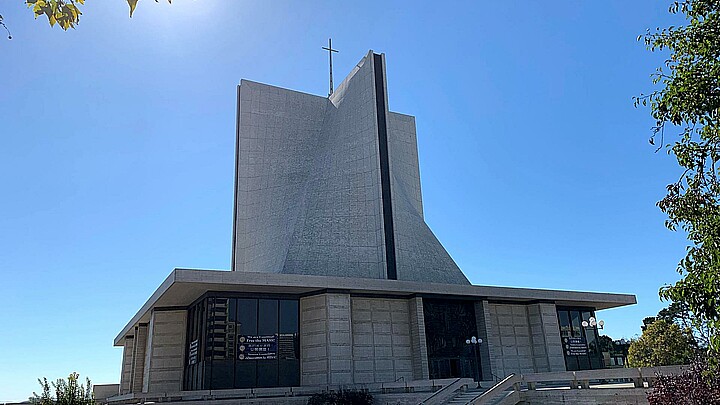Business
California Assembly special election hinges on whether to build more housing
April 20, 2022 12:54pm
Updated: April 20, 2022 6:24pm
The special election for the California State Assembly District 17 on Tuesday has largely centered on which candidate wants to build more housing, reports The Wall Street Journal.
The two Democrats in the race for the San Francisco seat describe themselves as progressive but hold differing views on the issue of development and the pro-housing movement known as YIMBY, short for “yes in my backyard.”
YIMBY rose in opposition to people who oppose new construction, which they label NIMBY – “not in my backyard.” They argue that the best way to address skyrocketing home prices and homelessness is to increase housing supply by building housing of all types, from luxury condos to duplexes and government-subsidized units.
Coastal states with dense cities like California, Washington and Massachusetts tend to be heavily Democratic, so YIMBY has focused on convincing liberals to their position by arguing the current status quo makes existing property owners wealthy at the expense of those who can’t find an affordable first home or place to rent.
This has resulted in a schism among urban progressives, who traditionally view development as capitalistic and bad for the environment but have found themselves priced out of the cities they congregate and work in.
San Francisco county supervisor Matt Haney sides with YIMBY and has advocated a regional approach that will ensure all cities and neighborhoods build more housing.
“I could not solve the problems in my own neighborhood by focusing on my district alone,” Haney told WSJ about how he realized the limitations of his county-level position.
His opponent, former supervisor David Campos, has the backing of tenant groups and affordable housing groups who argue that new development will displace low-income residents through gentrification and rising rents.
“I don’t believe…we should give a blank check to developers that simply lets them build whatever they want without any say from residents in these neighborhoods,” Campos said.
The national YIMBY movement picked up speed in 2011 and has grown to over 140 pro-housing activist groups across 29 states, according to a report by the Brookings Institution.
They have turned the narrative against opponents of development. When a posh Silicon Valley suburb tried to avoid new affordable housing requirements by declaring their town a mountain lion sanctuary, its officials were ridiculed on social media.
WSJ notes that the movement has succeeded to pass some reforms, more ambitious attempts to increase density in neighborhoods have failed to pass in the Democratic-controlled legislature or blocked by local neighborhood groups, especially large building they consider unsightly and say will lower property values.
“These neighborhood groups are still extremely powerful,” said Brian Hanlon, co-founder and chief executive of California Yimby.
“They don’t have nearly as much in the way of narrative control as they used to, but there’s a difference between narrative power and political power.”










